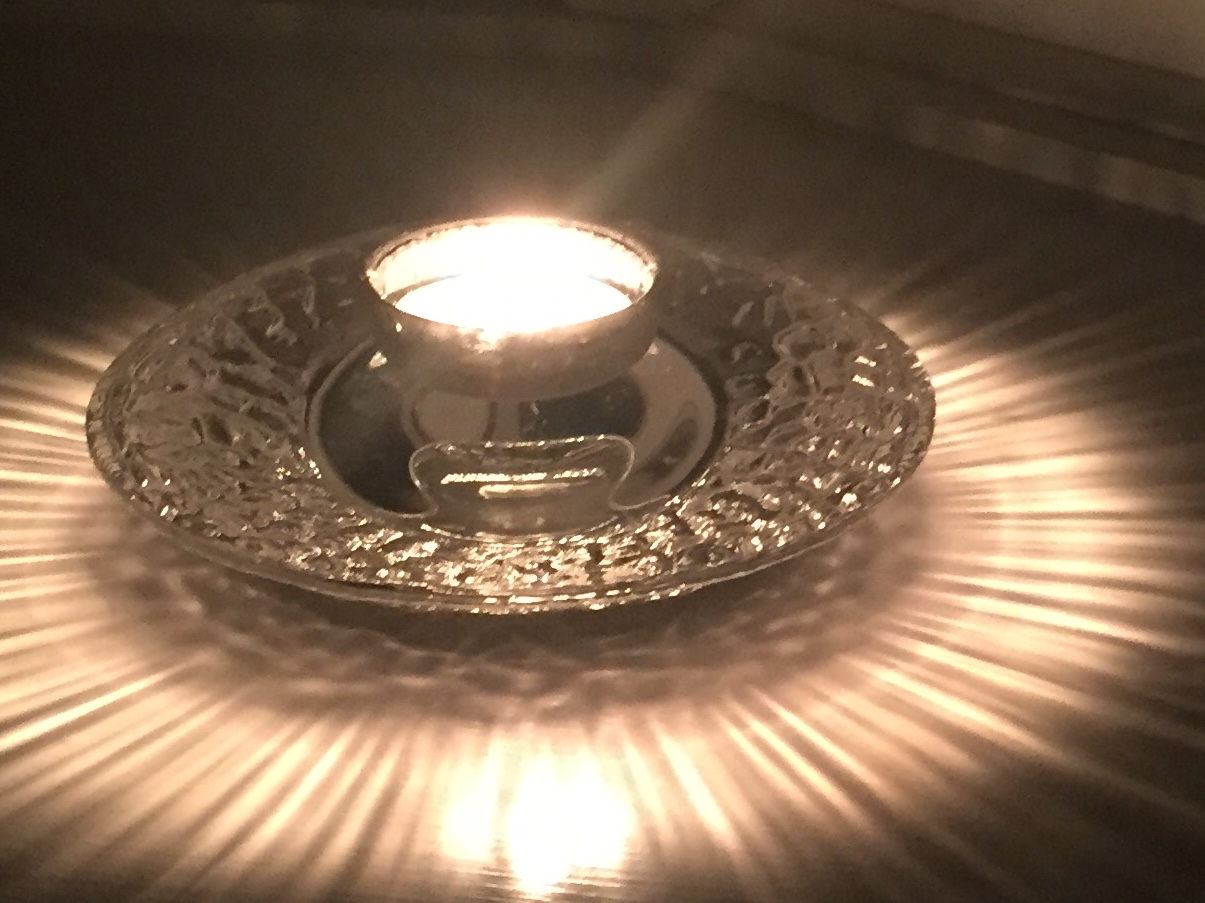I woke up this morning around four am and got up to read and
meditate before my 7 am meditation meeting. I wondered if this was overkill but
did it anyway. After sitting with 25 people for 20 minutes of silence, several shared
that they too had been up for hours already. Whether I know it or not, I’m
always in community, never alone. What would shift if I consciously acknowledged
that? Does my crabbiness stem, in part, from thinking I’m all alone? Doing all
the work myself? Experiencing all the good stuff in solitude?
A morning reading suggests that spiritual practices crack
open our hearts to love, and that if we don’t cultivate such practices, we will
become bitter and hateful in the last third of our lives. We need to consciously counter the human tendency
toward negativity with a practice of receptivity and kindness. I’ve been a
hateful old woman this past week or two, and I don’t like it one bit. I’ve been
negative and resentful despite a daily practice of meditation and writing. What
gives?
Since negative thinking is part of the disease of addiction,
I’ve had plenty of signs that my addiction is ascending, and with that information
comes the truth that I need to enlarge my spirit. I suspect that’s the invitation in waking at
4 am: use this time wisely. Lately, I’ve been filling my time with distractions
in the guise of holiday cheer. I’ve been
filling my body, closet, and calendar with food, stuff, and busyness rather
than the true nourishment of connection.
All the celebrity deaths that seem too soon remind me that I
don’t know how many days are left. How
might sitting quietly enhance the moment? How might speaking my truth enlarge
the space or keeping silent perfect it? If I shift from being
critical to being curious, such a small move, really, could that crack of love let in more light? Maybe that's the soothing that awaits at four am.
